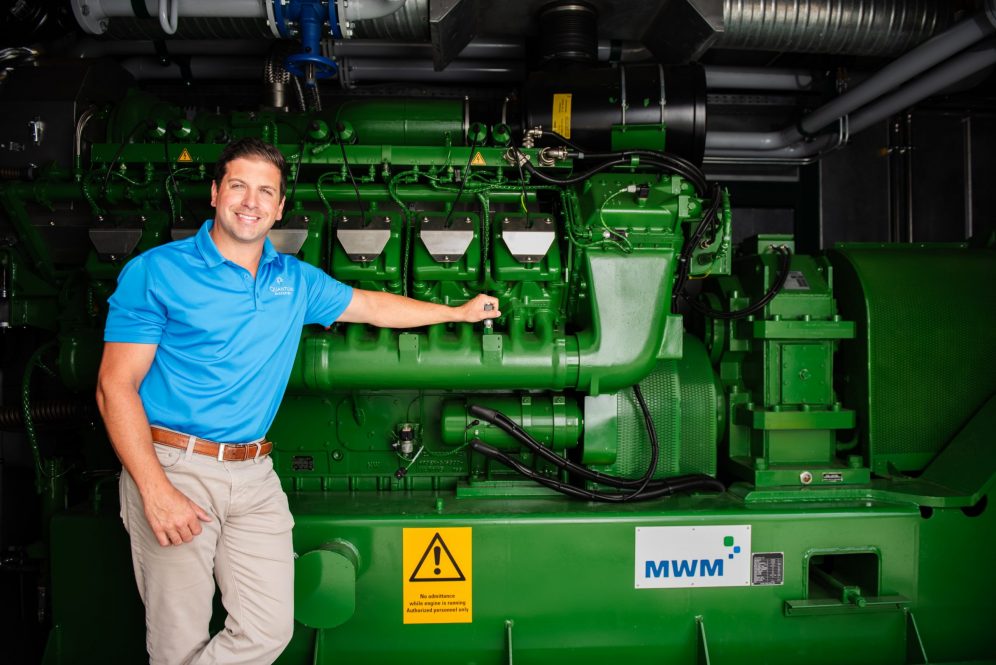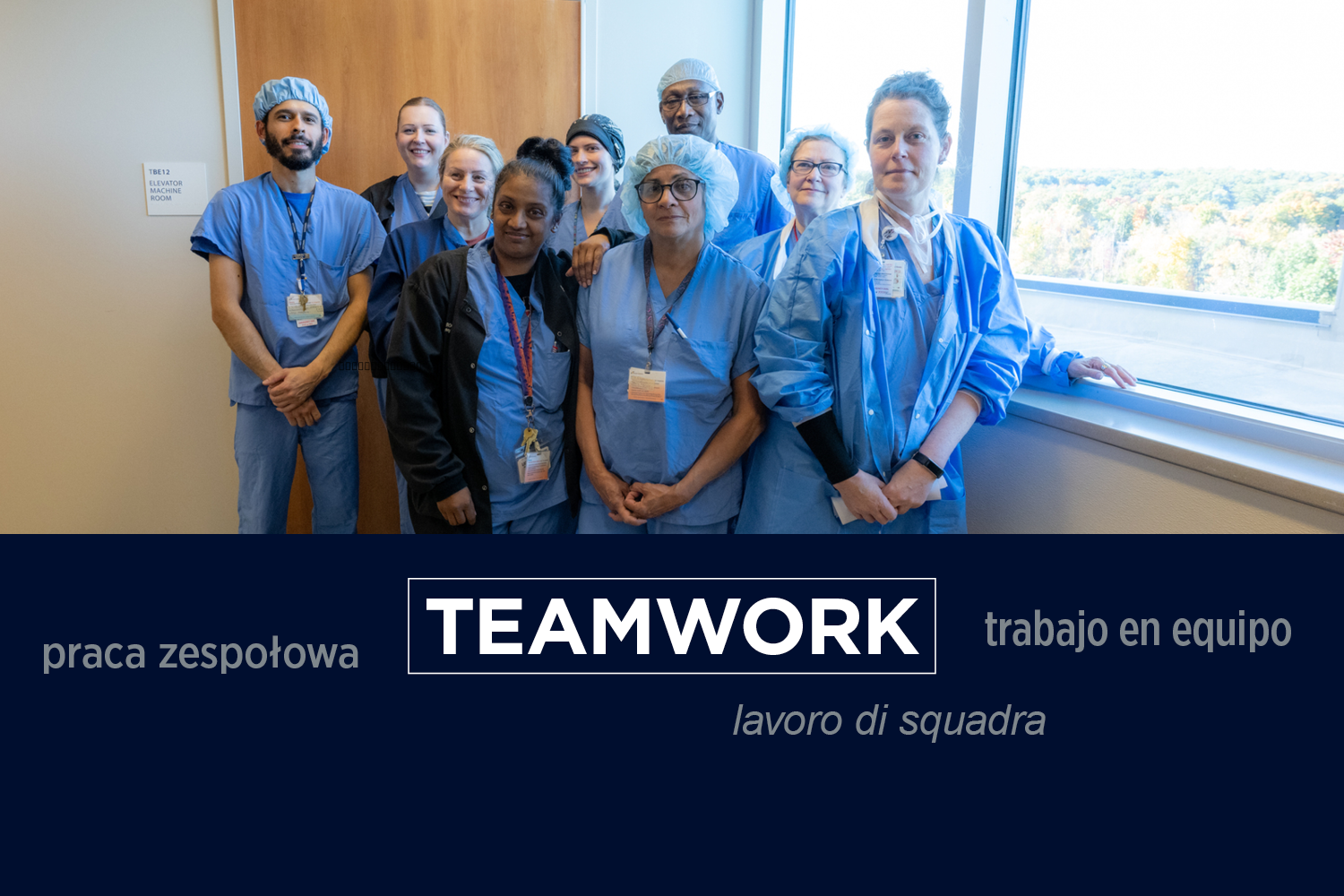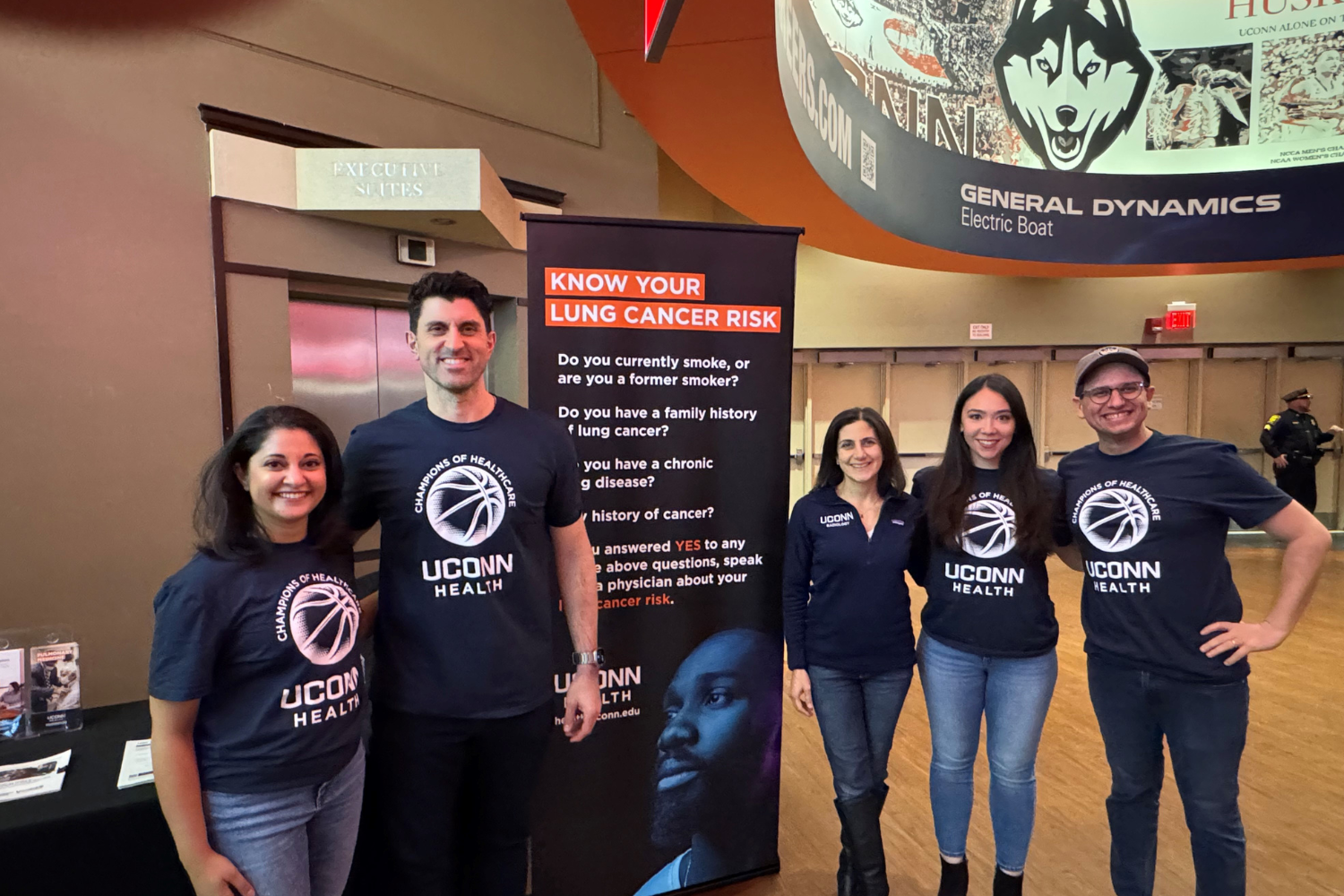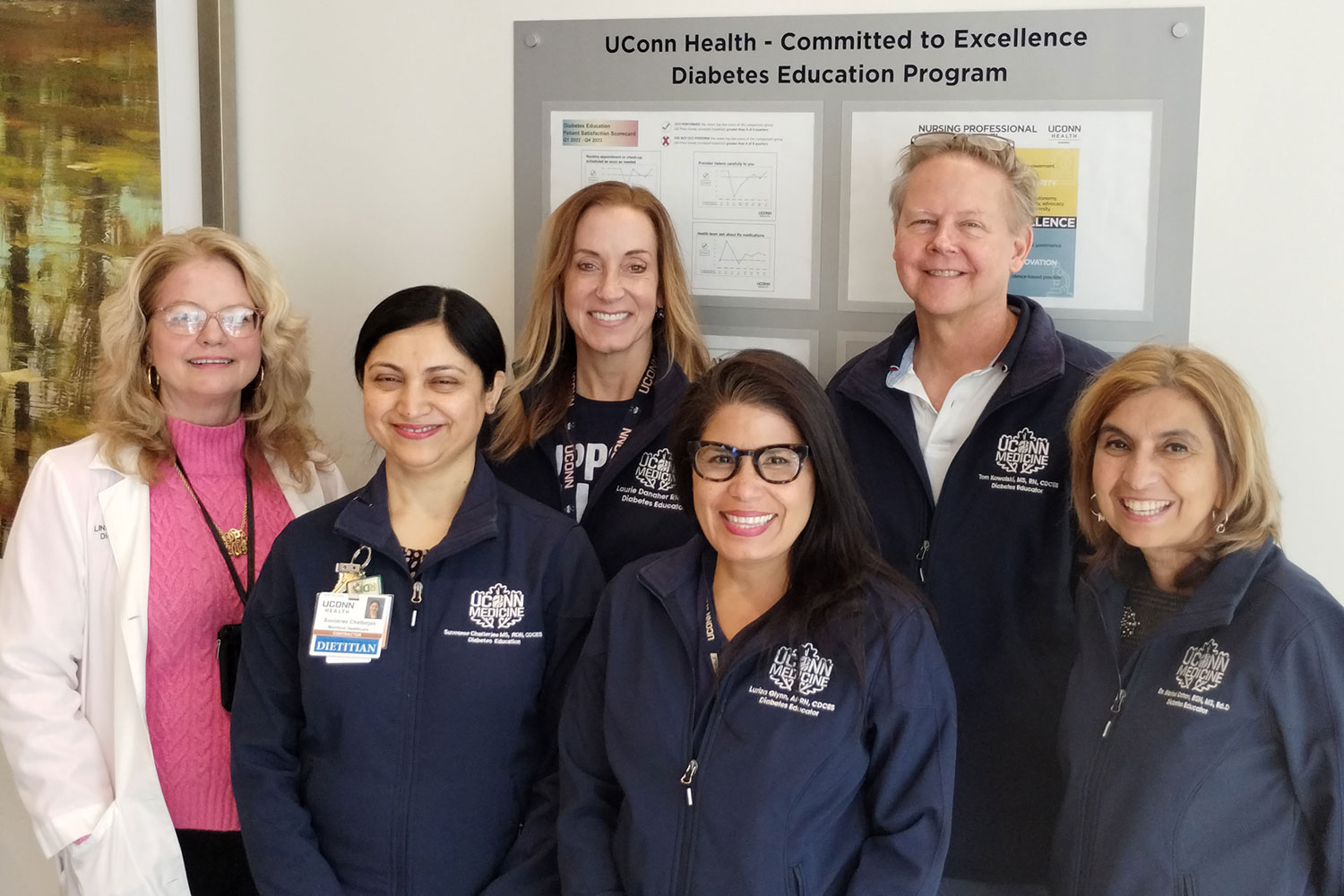When Brian Paganini ’03 (BUS) and the team at Quantum Biopower proposed building a food waste-to-energy plant in Connecticut about 10 years ago, there were plenty of cynics.
“The challenges we faced were too many to list,’’ Paganini says. “We had to figure out the logistics of developing, constructing, and operating a new technology platform that had not existed in this country at that point.’’
“After those hurdles, we needed to develop relationships with food generators and educate people about the many advantages of recycling food into energy, soil, and compost,’’ says Paganini, Vice President and Managing Director of Quantum Biopower in Southington.
Connecticut is ‘Fighting Above Its Weight Class’ in Sustainability
Paganini will be one of the key speakers at the Global Business Leadership in Sustainability Summit on March 1. The program, sponsored by the School of Business, will begin at 1 p.m. in Room 106.
Pre-registration is available at global.business.uconn.edu/events/sustainability-summit. The program is open to students, faculty, alumni and all interested parties.
The opening session will feature a conversation with UConn President Radenka Maric and Paganini. Maric will discuss the importance of clean energy initiatives and the role of UConn in building a greener world, and Paganini will share the evolution of his company and the insights he has gleaned in the process. School of Business Dean John A. Elliott will facilitate the talk.
A separate panel on renewable energy will include Bryan Dougherty, the Operations Preparation Project Manager at Orsted, a company whose projects include a wind farm under development off the Connecticut shore.
“Connecticut is ‘fighting above its weight class’ in driving clean-energy business opportunities, and the launch of a commercial-scale, offshore wind project is a prime example,’’ Dougherty says. “More partners are needed to keep the momentum going, including Connecticut academia, which can assist with thought leadership for growing this new industry’s supply chain and optimizing operational costs.’’
Other program discussions will also include advances in ESG, and the introduction of current students and young alumni changemakers. New this year is an engagement fair, where attendees can meet with experts at trade-show style booths and learn about organizations’ sustainability and clean-energy ambitions.
Almost 40% of Food in USA Is Thrown Away
Back in Southington, Quantum Biopower is finding innovative alternatives to sending food waste to landfills and incinerators. But the solutions to garbage disposal, in Connecticut and elsewhere, are still daunting. Connecticut currently ships 60% of its garbage out-of-state for disposal. At the same time, some 38% of all the food produced in the United States is thrown away, and that number is climbing.
Quantum Biopower accepts up to 140 tons of food waste a day. The food-recycling facility not only benefits the environment, it also reduces disposal costs for businesses and municipalities. The energy it generates is helping power the police station, firehouse, and other Southington town offices.
“We moved forward with a lot of determination, we helped shape government policy and, above all, we believed in the mission to unleash the value of food waste and provide an alternative to landfills and incineration,’’ Paganini says.
Sustainability is ripe with opportunity for those who are interested, Paganini says.
“I hope the students and young alumni leave the summit with the notion that climate change and green infrastructure is no longer ‘nice to do’ but, rather, something that we need to do for society,’’ he says.
There are regulatory and market dynamics that are driving clean-energy technology to develop faster. That has gotten the attention of big companies, like Walmart and Target, and led to green energy and infrastructure becoming more mainstream, Paganini says.
“In the last 24 months, sustainability has become baked into the culture of companies,’’ Paganini says.
Paganini says Connecticut, and other states, have passed advanced food-waste diversion mandates and are reaping the benefits.
“As a region, we’re getting there. The next frontier is residential, curb-side collection of food scraps. Connecticut will lead that shift on the East Coast, and within the next three years that’s going to change the food-waste dynamic dramatically,’’ he says.
“To students I say ‘If you want to make bold changes, it won’t be easy. Surround yourself with capable and like-minded folks and anything is possible,’ ’’ Paganini says. “There is room for new ideas and innovations. I’m extremely optimistic about the future. We will have more new infrastructure and better policies. We’re just now scratching the surface.’’
Arminda Kamphausen, Director for Global & Sustainability Initiatives at the UConn School of Business, says the annual summit welcomes everyone from sustainability novices to experts. Many of those in attendance have remarked about the excitement of meeting future collaborators.
“Organizing this event every year is a wonderful opportunity to work with amazing students, faculty, alumni and business professionals, committed to using their knowledge and skills in business for good,’’ she says. “We’re excited to welcome President Maric, whose commitment to having UConn be a clean-energy contributor, both locally and nationally, is inspiring, as well as our other outstanding panelists.’’



